
Thailand’s energy needs are currently at a crossroads. At present, much of the energy consumed within the country is imported, and based on current projections, Thailand will become more dependent on imports in the coming decades. The Thai government hopes that new discoveries of domestic petroleum will reduce Thailand’s future dependency on foreign sources.
On 7 April 2022, the Ministry of Energy (“MOE”) announced a new bidding round for offshore exploration and production blocks in the Gulf of Thailand (the “24th Bid Round”), this announcement was published on the Director-General of the Department of Fuels (“DMF”)’s website on 19 April 2022. This is the first opportunity for exploration of new offshore areas after a delay of 15 years.
The 24th Bid Round consists of three offshore blocks in the Gulf of Thailand, identified as follows:
- Block G1/65 has an area of approximately 8,487.20 square kilometers, which is divided into two areas, i.e., area A covers around 8,298.49 square kilometers and area B covers around 188.71 square kilometers
- Block G2/65 has an area of approximately 15,030.14 square kilometers
- Block G3/65 has an area of approximately 11,646.67 square kilometers, which is divided into two areas, i.e., area A covers around 11,028.22 square kilometers and area B covers around 618.45 square kilometers
The three blocks will be explored under a production sharing contract, with a six-year exploration period (with a possible extension of three-years) and a 20-year production period (with a possible extension of 10 years).
Bidding Process
Potential bidders for a production sharing contract under the 24th Bid Round must submit an application and all required documents to the DMF between 5 September and 16 September 2022. The applicants must pay an application fee of THB 50,000 per block per application, which must be made in cash on the date the application is submitted. In addition, the applicants must place a bid bond in the amount of THB 3,000,000 per block per application. The bid bond must be an unconditional bank guarantee issued by a commercial bank with branches in Thailand, and its guarantee period must be no less than one year from the date of the application. The bid bond will be returned to unsuccessful bidders upon written request, or to successful bidders upon the signing of the production sharing contract (PSC).
Eligibility
Applicants must generally meet the requirements under section 24 of the Petroleum Act, i.e., they must be companies that command sufficient machinery, equipment, tools, specialists, and other resources necessary for the exploration and production of petroleum.
For at least two of the past three years, applicants must have had shareholder’s equity of no less than THB 300 million and a current ratio of not less than one. Further, applicants must have commanded the necessary resources to engage in petroleum exploration and production for the past five years. If an applicant does not satisfy the necessary requirements, that applicant may be required to submit a guarantee from an affiliated entity with a relationship in capital and/or management that satisfies the mandatory requirements.
Foreign companies are eligible, but they must have all relevant documents notarized by a foreign notary public or authenticated by a foreign embassy or consulate in Thailand or a Thai embassy or consulate abroad.
Basis for Evaluation
The MOE and the DMF will evaluate applicants on three criteria, which are: (1) the Petroleum Exploration Program (65%); (2) the Contactor’s Share of Profit Petroleum (25%); and (3) Special Advantages/Payments (10%).
Contract Form
The three blocks will be developed pursuant to a production sharing contract that complies substantially with the Ministerial Regulation Re: Prescribing Form of Production Sharing Contract B.E. 2561 (2018). This is in line with the 22nd Bidding Round in 2018 for the Erawan (G1/61) and Bongkot (G2/61) blocks.
Analysis and Implications
The Thai government intends to push for the completion of the 24th Bid Round as soon as possible because of the importance of exploring new potential petroleum reserves. Additional production areas will increase the country’s petroleum reserves to meet Thailand’s ever-growing demand for energy. Global petroleum and energy price volatility, recently caused by the conflict in Ukraine, has also increased the need to bolster Thailand’s energy self-sufficiency in the face of both current and potential global disruptions.. Therefore, new exploration for petroleum in Thailand can help increase the country’s energy security in the short- to medium-terms. Additional investment will also help increase private investment, which may facilitate an economic rebound in the wake of the Covid-19 pandemic.
By David Beckstead, Nuanporn Wechsuwanarux, Tachatorn Vedchapun
 |
 |
 |

17th and 36th Floors, Sathorn Square Office Tower
98 North Sathorn Road, Silom, Bangrak
Bangkok 10500, Thailand
TEL:+66-2-009-5000
https://chandlermhm.com/






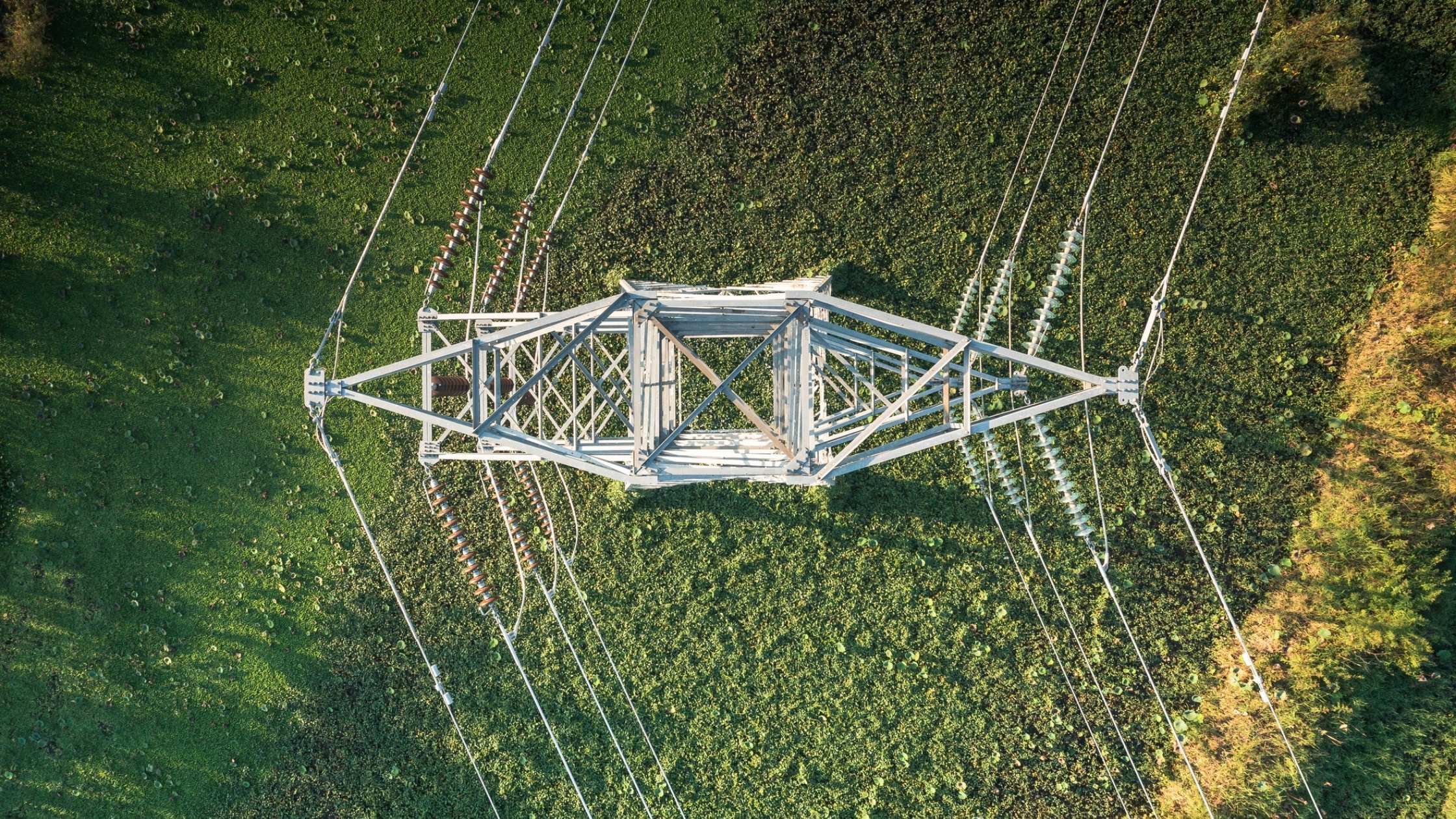





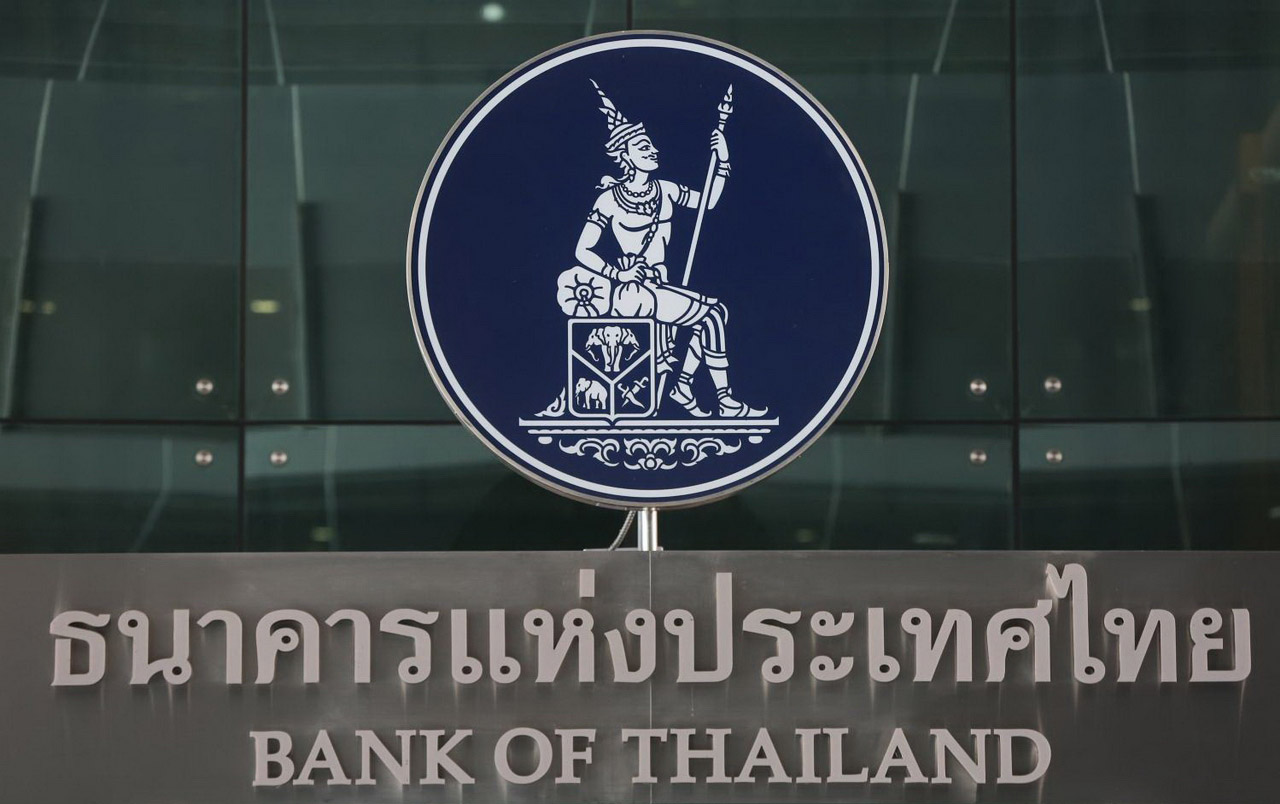




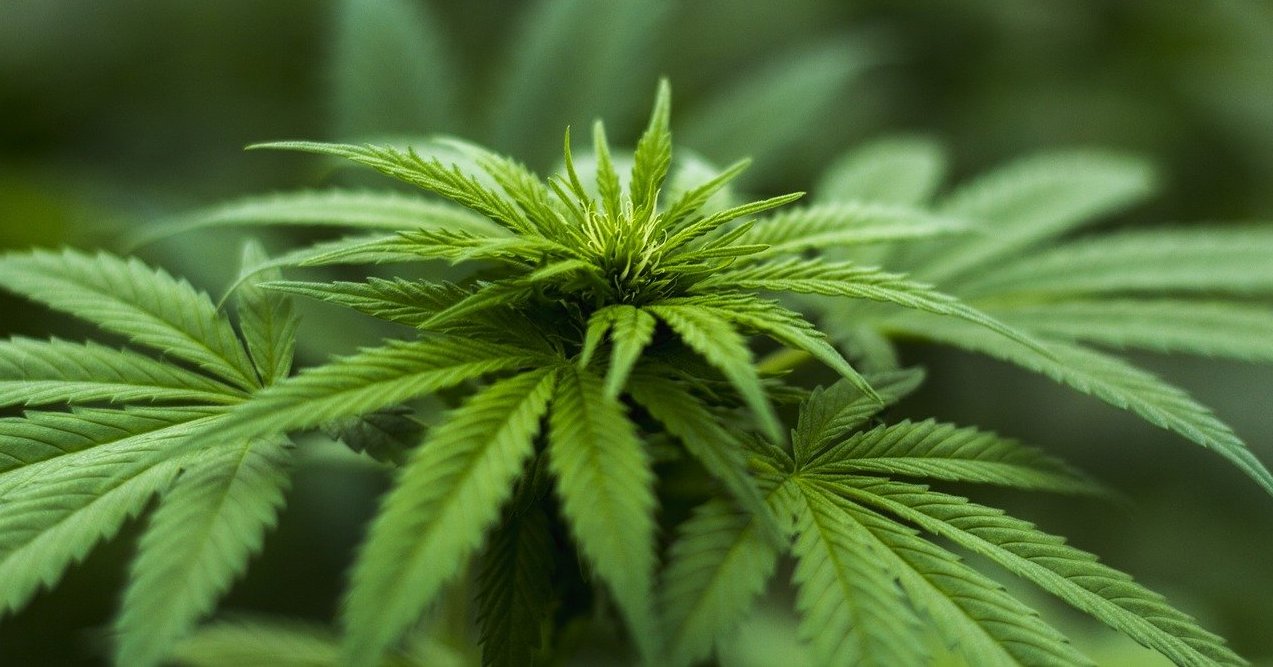











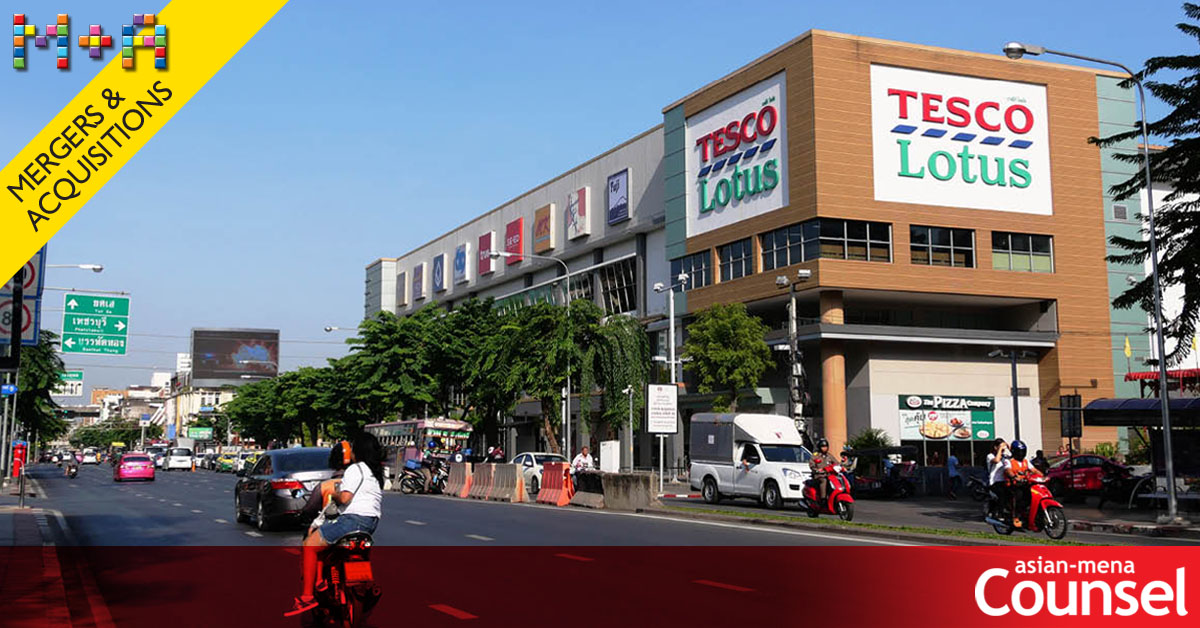

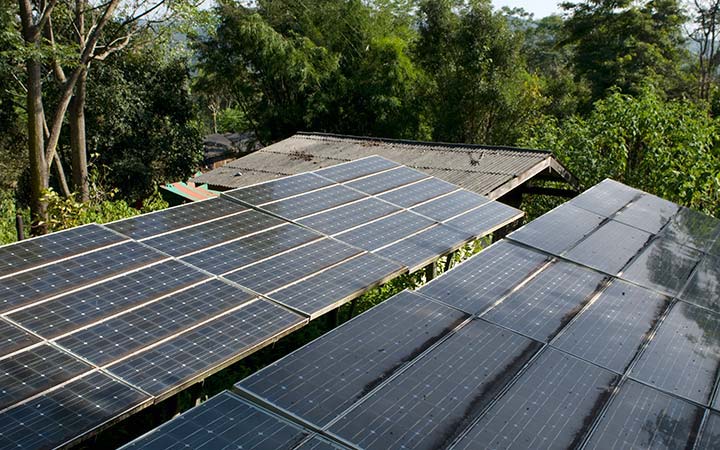
























 Chandler MHM Limited
Chandler MHM Limited Jessada Sawatdipong
Jessada Sawatdipong







